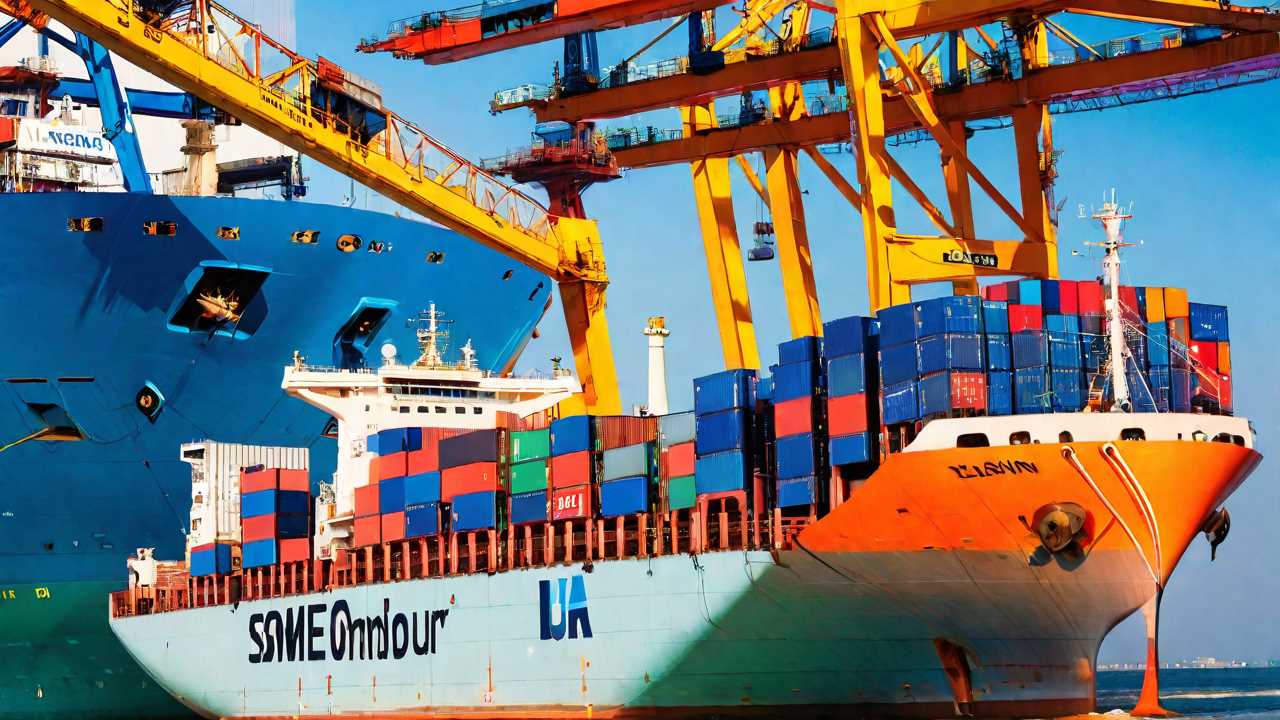Business
What do SMEs need to know about export and import regulations?
Small and Medium-Sized Enterprises (SMEs) face opportunities to grow internationally but must navigate complex export and import regulations. Compliance with

In today’s increasingly globalized economy, Small and Medium-Sized Enterprises (SMEs) have immense opportunities to expand their reach and tap into international markets. However, navigating the complex web of export and import regulations can be a daunting task for many business owners. As expert SEO strategists and highly skilled copywriters, we are here to provide you with a comprehensive guide on the essential knowledge SMEs need to succeed in the world of cross-border trade.
Understanding the Importance of Export and Import Regulations
In the dynamic landscape of international commerce, compliance with export and import regulations is not merely a suggestion, but a necessity. These regulations are designed to protect national security, safeguard intellectual property rights, and ensure fair trade practices. Failure to adhere to these guidelines can result in severe penalties, such as hefty fines, trade restrictions, or even legal consequences.
Key Export Regulations to Consider
When exporting goods or services, SMEs must be aware of a range of regulations that vary depending on the destination country, the nature of the product, and the end-use of the items. Some of the critical export regulations include:
1. Export Control Lists: Familiarize yourself with the export control lists, which outline the specific goods, technologies, and software that require licenses or permits for export.
2. Dual-Use Items: Understand the concept of dual-use items, which are products that can be used for both civilian and military purposes. These items often require special export licenses.
3. Embargo and Sanctions: Stay up-to-date with the latest embargo and sanctions imposed by international organizations or individual countries, as these restrictions can significantly impact your ability to export to certain destinations.
4. Export Documentation: Ensure that you have all the necessary export documentation, including commercial invoices, packing lists, and export declarations, to facilitate the smooth movement of your goods across borders.
Key Import Regulations to Consider
Importing goods into a country also requires adherence to a set of comprehensive regulations. SMEs should be aware of the following import regulations:
1. Tariffs and Duties: Understand the applicable tariffs and duties for the products you plan to import, as these can significantly impact the overall cost and profitability of your business.
2. Product Classifications: Familiarize yourself with the harmonized system (HS) codes used to classify your imported goods, as this information is essential for determining the correct tariff rates and complying with import regulations.
3. Import Licenses and Permits: Depending on the nature of your imported goods, you may need to obtain specific licenses or permits to comply with the import regulations of the destination country.
4. Import Documentation: Ensure that you have all the necessary import documentation, such as customs declarations, bills of lading, and certificates of origin, to facilitate the smooth clearance of your goods through customs.
Navigating the Complexities of Compliance
Ensuring compliance with export and import regulations can be a complex and ever-evolving process, but it is essential for the success and growth of your SME. Here are some strategies to help you navigate the complexities:
1. Stay Informed: Regularly monitor changes in export and import regulations, both at the national and international level, to ensure that your business remains compliant.
2. Seek Professional Assistance: Consider partnering with experienced customs brokers, freight forwarders, or legal professionals who can provide expert guidance on navigating the compliance landscape.
3. Establish Internal Processes: Develop robust internal processes and procedures to ensure consistent compliance with export and import regulations across your organization.
4. Invest in Training: Provide comprehensive training to your employees on export and import compliance, empowering them to make informed decisions and mitigate potential risks.
5. Leverage Technology: Utilize specialized software or digital tools that can automate certain compliance tasks, such as product classification, documentation management, and tariff calculations.
By understanding and adhering to the key export and import regulations, SMEs can unlock a world of opportunities in the global marketplace, while minimizing the risks associated with non-compliance. Remember, a proactive and comprehensive approach to compliance can be the key to your business’s sustainable growth and success in the ever-evolving world of international trade.

Hey there! I’m William Cooper, your go-to guy for all things travel at iMagazineDaily. I’m 39, living the dream in Oshkosh, WI, and I can’t get enough of exploring every corner of this amazing world. I’ve got this awesome gig where I blog about my travel escapades, and let me tell you, it’s never a dull moment! When I’m not busy typing away or editing some cool content, I’m out there in the city, living it up and tasting every crazy delicious thing I can find. Join me on this wild ride of adventures and stories, right here at iMagazineDaily. Trust me, it’s going to be a blast! 🌍✈️🍴







